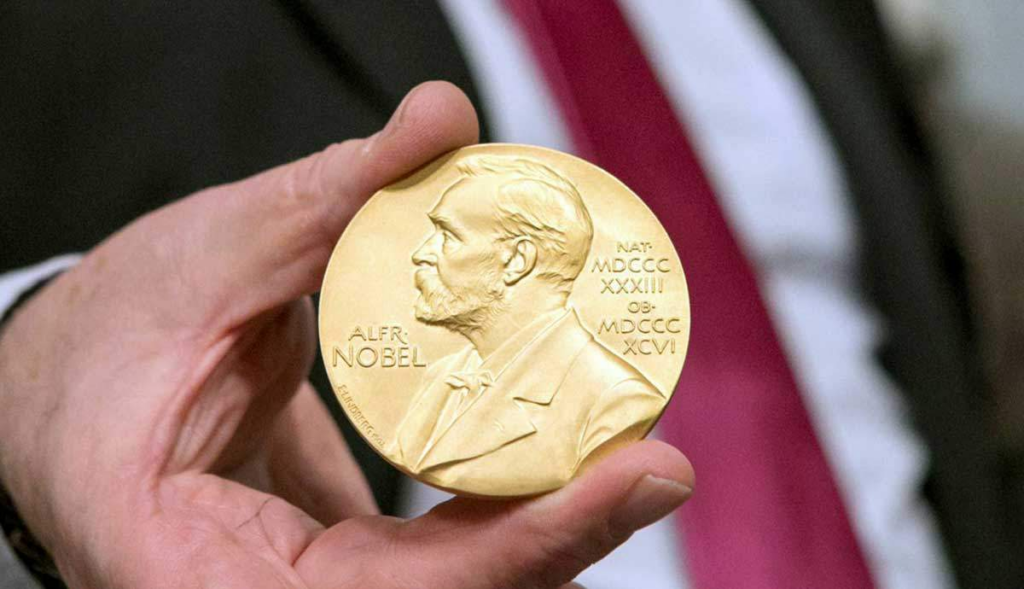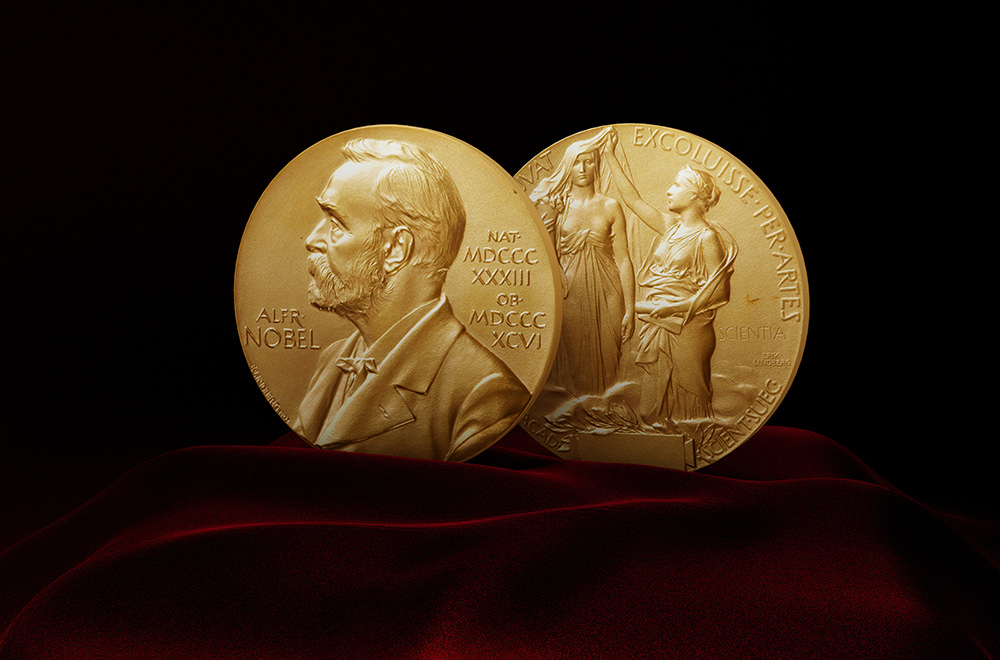
The Nobel Prize is one of the most prestigious awards in the world, recognizing outstanding contributions to humanity in the fields of Physics, Chemistry, Medicine, Literature, Peace, and Economic Sciences. Over the years, numerous individuals from England have been honored with this esteemed accolade for their remarkable achievements and groundbreaking discoveries. In this article, we will embark on a journey through the lives and accomplishments of English Nobel Prize laureates, spanning a wide range of disciplines and enriching the global community with their exceptional talents.
Physics
Sir Joseph John Thomson (1906)
In 1906, Sir Joseph John Thomson, a renowned English physicist, was awarded the Nobel Prize in Physics for his discovery of the electron and his investigations into the conduction of electricity in gases. Thomson’s groundbreaking work revolutionized our understanding of atomic structure and laid the foundation for the development of modern physics.
Sir Edward Victor Appleton (1947)
Sir Edward Victor Appleton, an English physicist, was awarded the Nobel Prize in Physics in 1947 for his discovery of the Appleton layer of the ionosphere, which led to significant advancements in the field of radio wave propagation. Appleton’s research played a crucial role in the development of radar technology and telecommunications.
Chemistry
Sir William Henry Bragg and Sir William Lawrence Bragg (1915)
In 1915, father and son duo Sir William Henry Bragg and Sir William Lawrence Bragg were jointly awarded the Nobel Prize in Chemistry for their groundbreaking work on X-ray crystallography. Their innovative techniques for studying the structure of crystals laid the foundation for the field of structural biology and revolutionized our understanding of molecular architecture.
Sir Derek Barton (1969)
Sir Derek Barton, an English chemist, was awarded the Nobel Prize in Chemistry in 1969 for his development of the concept of conformational analysis and its application to the study of complex organic molecules. Barton’s research had profound implications for the field of organic chemistry and contributed to advancements in drug discovery and materials science.
Medicine

Sir Howard Florey (1945)
Sir Howard Florey, an English pharmacologist, was awarded the Nobel Prize in Physiology or Medicine in 1945 for his role in the development of penicillin, the world’s first antibiotic drug. Florey’s groundbreaking research revolutionized the treatment of bacterial infections and saved countless lives around the world.
Sir John Gurdon (2012) and Sir Shinya Yamanaka (2012)
In 2012, Sir John Gurdon, an English developmental biologist, and Sir Shinya Yamanaka, a Japanese stem cell researcher, were jointly awarded the Nobel Prize in Physiology or Medicine for their discovery that mature cells can be reprogrammed to become pluripotent, capable of developing into any cell type in the body. Their pioneering work opened up new avenues for regenerative medicine and stem cell therapy.
Literature
Rudyard Kipling (1907)
Rudyard Kipling, an English writer and poet, was awarded the Nobel Prize in Literature in 1907 for his “power of observation, originality of imagination, virility of ideas, and remarkable talent for narration.” Kipling’s literary works, including “The Jungle Book” and “Kim,” have captivated readers around the world with their rich storytelling and profound insights into the human condition.
Bertrand Russell (1950)
Bertrand Russell, an English philosopher, logician, and social critic, was awarded the Nobel Prize in Literature in 1950 for his “varied and significant writings in which he champions humanitarian ideals and freedom of thought.” Russell’s influential works on philosophy, politics, and ethics continue to inspire and provoke thought to this day.
Peace
Sir Austen Chamberlain (1925) and Neville Chamberlain (1925)
In 1925, brothers Sir Austen Chamberlain, an English statesman, and Neville Chamberlain, a British Prime Minister, were jointly awarded the Nobel Peace Prize for their efforts to promote international reconciliation and cooperation in the aftermath of World War I. Their diplomatic initiatives laid the groundwork for the League of Nations and paved the way for future peace-building efforts.
Economic Sciences
Sir Richard Stone (1984)
Sir Richard Stone, an English economist, was awarded the Nobel Prize in Economic Sciences in 1984 for his development of national income accounting methods, which have become indispensable tools for analyzing and understanding economic trends and policies. Stone’s pioneering contributions to economic measurement have had a profound impact on both academic research and public policy.
Conclusion
The achievements of English Nobel Prize laureates stand as a testament to the nation’s enduring legacy of excellence, innovation, and intellectual prowess. From groundbreaking discoveries in physics and chemistry to profound insights into literature and peace-building efforts, these remarkable individuals have enriched the world with their extraordinary talents and contributions. As we celebrate their achievements, let us honor their enduring legacy and continue to strive for excellence and progress in all fields of human endeavor.


